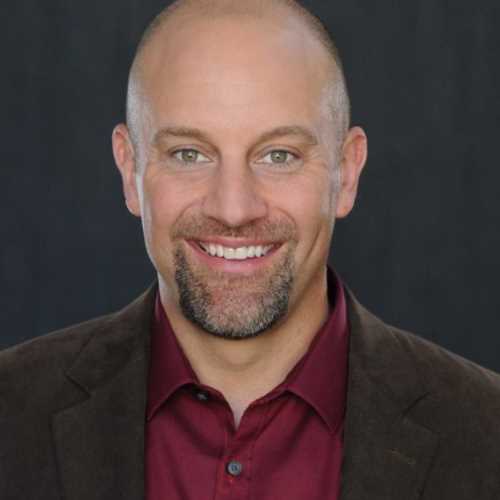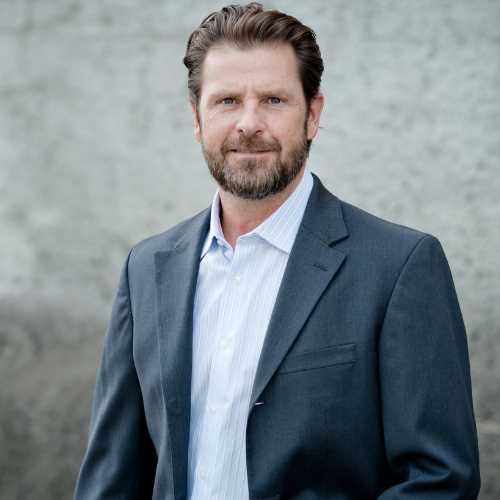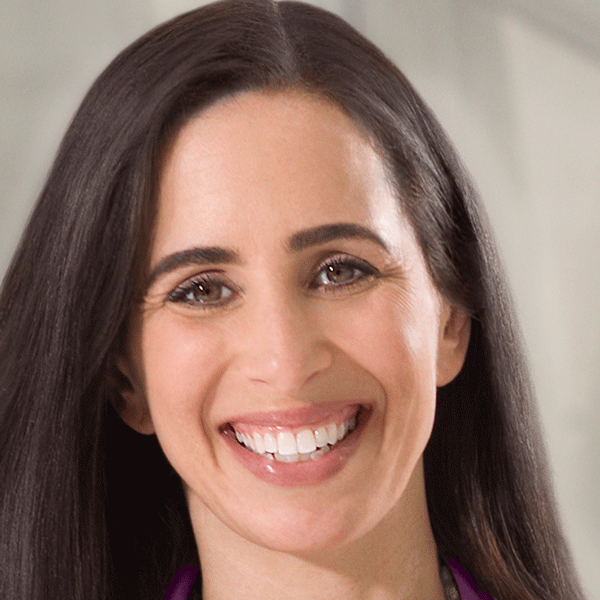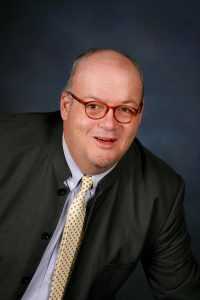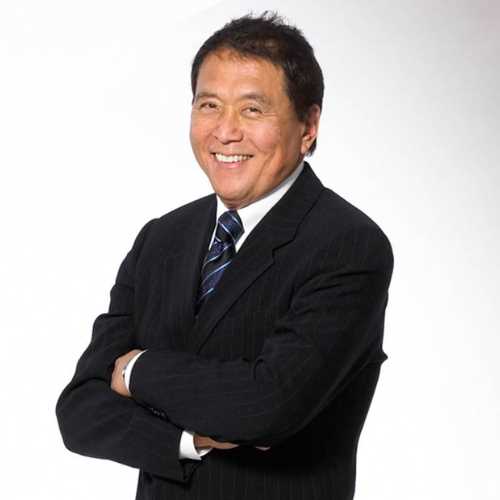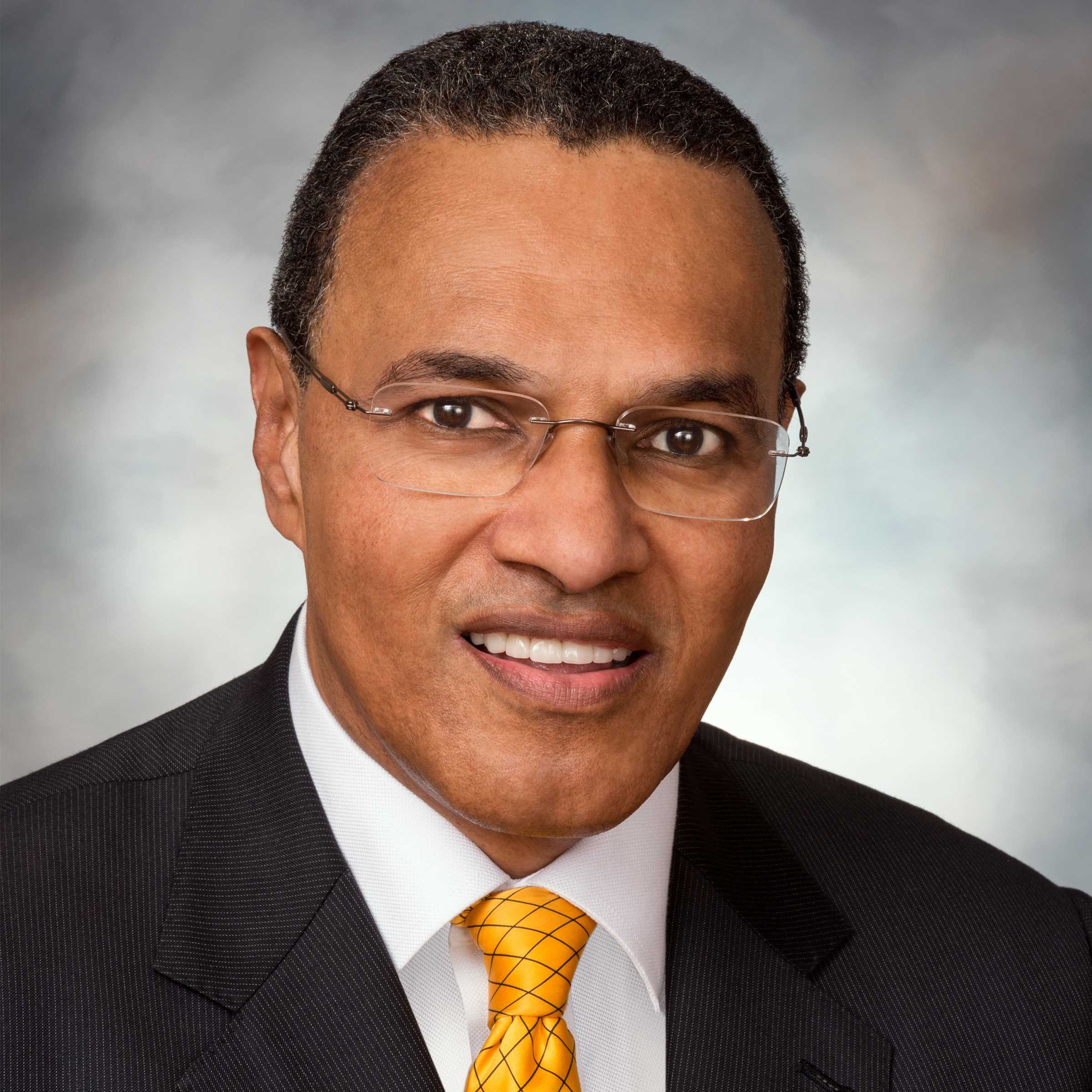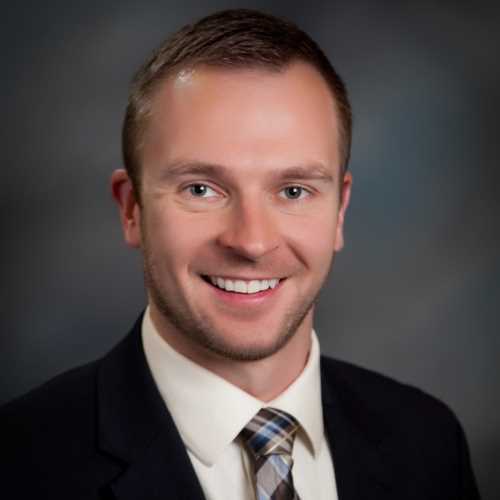
Keith Wysocki
- Manager, Veralon
- Executive & Board Advisor for Leadership Development
In Person-Fee 🛈
$5,000 - $10,000
Virtual Fee:
$7,500 and Under
Travels From
Nebraska
No videos found.
Keith Wysocki Speaker Biography
Keith Wysocki advises and educates healthcare organizations on governance issues including structure, efficiency, and effectiveness. He has worked with organizations ranging from critical access hospitals to some of the nation’s largest health systems.
Keith’s experience includes:
• Identifying opportunities to consolidate more than 50 entity boards into a nimbler structure, and developing a roadmap to implement the changes
• Advising on establishment of a new board after wholesale director turnover
• Creating board competency surveys to identify diversity and skill gaps
• Facilitating interviews to identify top candidates to serve on the board of a recently formed health system
• Advising the CEO and board chair on making changes to committee structures and processes
• Providing board education that enabled a health system to meet state regulators’ education requirements
• Working with leaders of a parent board and 12 affiliate boards to establish development plans and improve communication channels
Keith has almost 15 years of experience in advising hospital boards on governance issues. He is current a Manager at the consulting firm, Veralon, and has previously worked as an independent consultant and as a strategic advisor at The Governance Institute. He has presented to boards, executives, and physician leaders nationwide about organizational alignment, improving governance efficiency, and the role of the board in meeting new challenges. He has assessed board structure and effectiveness through quantitative surveys, interviews, and document review.
Keith has facilitated retreats and education sessions for hospitals, medical specialty boards, and other nonprofits. He has also served as lead moderator and facilitator for retreats and conferences attended by as many as 500 executives, directors, and clinicians.
Keith has presented for numerous industry conferences including ACHE Congress, the Western Regional Trustee Symposium, and several state hospital and senior living association conferences. His articles have appeared in Management in Healthcare and in various journals and newsletters published by The Governance Institute.
Maximizing Committee Effectiveness
Audience: Board & Committee members; Executives and staff who interact with the board
Description: Ideally, committees help boards to accomplish things they wouldn’t be able to focus on otherwise. However, many hospital boards do not have an intentional approach to ensuring their committees deliver on this promise. This session will provide recommended practices in approaching hospital board committee work. Board members and executives will be better equipped to determine whether they have the right committees, evaluate how effective their committees are, and save time in both board and committee meetings.
Learning Objectives:
After this session, participants will be able to:
· Identify characteristics of high performing committees
· Describe the primary differences between committee work and board work
· Recommend committee compositions and reporting structures for various scenarios
· Create a list of best practices to take home to enable effective board work
Making Board Diversity a Reality
Audience: Board & Committee members; Executives and staff who interact with the board
Description: Hospital boards increasingly recognize that by being more diverse, they can better understand the health needs of their communities and develop approaches to meet those needs. However, many boards have found that progress toward greater diversity is slow. This session will highlight the importance of board diversity and expand participants’ views on what “diversity” means. Board members and executives will leave with actionable steps they can take to increase board diversity.
Learning Objectives:
After this session, participants will be able to:
· Identify criteria for assessing the diversity of a board
· Evaluate practices or characteristics of their board that may be hindering diversity
· Describe methods of finding board candidates of more varied backgrounds
· Outline an action plan to increase their board’s diversity
Becoming a Population Health-Focused Board
Audience: Board & Committee members; Executives and staff who interact with the board
Description: This session will give participants a common language for discussing population health as well as practical suggestions on how boards can evolve to more effectively lead and govern in this area.
The session will define "population health," with a focus on:
· Improving outcomes and lowering costs
· Social determinants and other factors affecting health equity
· Understanding various payment models (Bundled payments, shared savings, etc.)
· Needed hospital competencies to take on population health
Finally, board members will receive recommendations on what competencies to add to their board, education topics, questions to ask, and metrics to look at in order to prioritize population health
Learning Objectives:
After this session, participants will be able to:
· Define the term "population health" both broadly and in relation to how it is used by CMS
· Identify health needs and equity issues affecting their communities
· Describe various payment models that incentivize population health management
· Develop approaches to board recruitment, education, and meetings that improve population health governance
A Primer on Enterprise Risk
Audience: Board & Committee members; Executives and staff who interact with the board
Description: The stakes are higher and the risks greater than they’ve ever been before. Boards recognize they play an important role in both protecting their organizations and in setting bold strategies. But what does it mean to practice effective enterprise risk management? And how is looking at enterprise risk different than what most boards are doing today? This session will help boards to understand their role and the impact they can make in managing enterprise risk.
Learning Objectives:
After this session, participants will be able to:
· Explain the different types of risk that hospital boards must measure and manage
· Compare the roles of the board and management in overseeing enterprise risk
· Identify the components of a successful enterprise risk management program
· Formulate a strategy for improving the enterprise risk competency of their board
The New Meeting Imperative
Audience: Board officers; Executives and staff who interact with the board
Description: At the height of the pandemic, boards were meeting exclusively through virtual platforms, and board meeting agendas changed – sometimes dramatically – because of this reality. As most boards have moved to in-person meetings with some hybrid elements, it is important for them to not just return to the “old way” of conducting meetings, but to forge a new path forward that takes the best of what worked before and during the pandemic and jettisons the things that don’t work. This includes tried-and-true strategies like using framing questions and limiting the amount of time spent on listening to reports. It also includes facilitating meetings in a way that maximizes board member engagement, using ideas from the field of education.
Learning Objectives:
After this session, participants will be able to:
· Describe the characteristics of engaging board meetings
· Apply lessons from virtual and hybrid board meetings to in-person meetings
· Develop board meeting agendas that maximize engagement
· Modify their approach to board meeting facilitation in order to increase participation
Leading From the Boardroom
Healthcare boards are often composed of the most accomplished leaders in the community. Yet, the challenges of serving on the board are unlike the challenges that trustees face in their professions or even on other boards. This interactive session will help board members to recognize how they can maximize their personal contribution and also ensure that their board is a high-performing team.
Learning Objectives
Participants will be able to:
· Describe the evolving expectations of healthcare boards, board members, and board officers
· Distinguish between technical challenges and adaptive challenges and employ different approaches for the various challenges their boards face
· Develop strategies that enable their boards to become stronger thought partners to executives.



